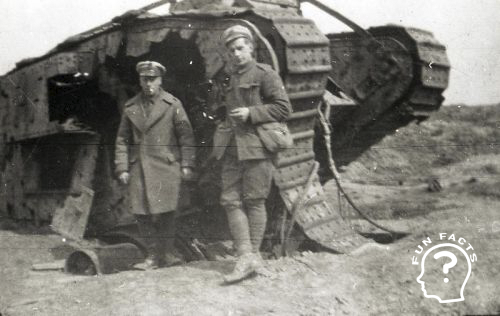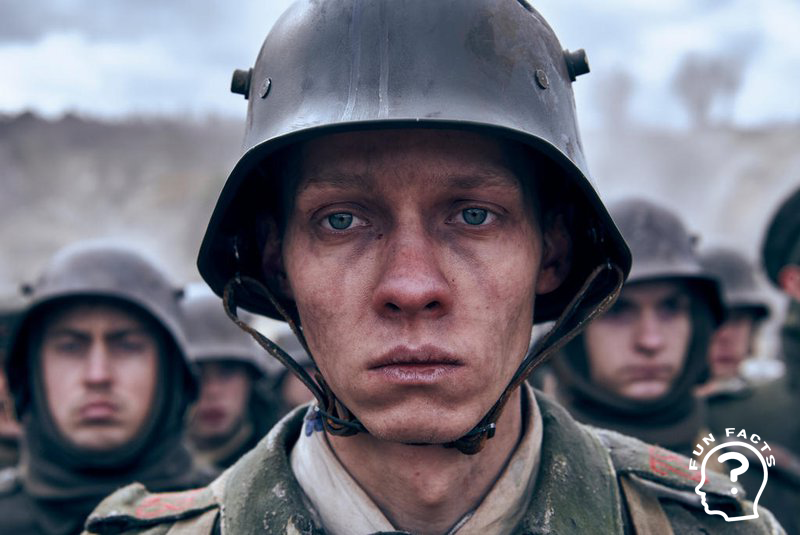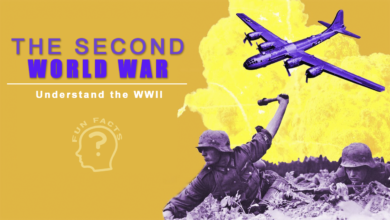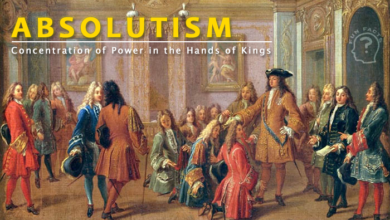The First World War, also known as the Great War, was a global conflict that took place between 1914 and 1918, involving the major powers of the time, including the United Kingdom, France, Russia, Germany, Austria-Hungary, and the United States.

Causes of the First World War
The First World War was the result of a combination of factors, including political, economic, and military tensions. The rivalry between the great European powers, particularly between Germany and the United Kingdom, had increased in the years leading up to the conflict.
The arms race, with each country trying to outdo the other in terms of military might, was also a significant factor.
The assassination of the Austrian Archduke Franz Ferdinand in Sarajevo in June 1914 was the trigger for the start of the war.
Austria-Hungary declared war on Serbia in response to the assassination, and this set off a series of military alliances that led to the mobilization of armies across Europe.
Conflicts of the First World War
In the First World War, both sides fought on two main fronts: the Western Front, which extended from Belgium to Switzerland, and the Eastern Front, which spanned from the Baltic Sea to the Black Sea. Trench warfare characterized the conflict, as both sides dug in and attempted to hold their ground.
In addition to the fighting on the Western and Eastern Fronts, the war also involved conflicts in other parts of the world, including Africa and the Middle East. The use of new technologies, such as machine guns and poison gas, made the fighting even more deadly.

Consequences of the First World War
The First World War had a profound impact on the world, both in the short term and in the long term. The war led to the deaths of millions of people and left many others injured or traumatized. It also led to significant political and social changes, including the fall of empires and the rise of new nation-states.
The Treaty of Versailles, which ended the war in 1918, imposed heavy reparations on Germany and set the stage for the rise of the Nazi party and the Second World War. The war also paved the way for technological advancements, such as aviation and medicine, that would change the world in the decades to come.
In conclusion, the First World War was a devastating global conflict that had far-reaching consequences for the world. Its impact can still be felt today, almost a century after the war ended.
Impact on the role of women
The war also had a significant impact on the role of women in society. With millions of men serving in the military, women were called upon to take on new roles in the workforce, including in factories and offices. This helped pave the way for greater gender equality and women’s rights in the years following the war.
Redrawing the map of Europe

Another consequence of the First World War was the redrawing of the map of Europe. The war led to the dissolution of the Austro-Hungarian Empire and the Ottoman Empire, and the creation of new nation-states, such as Czechoslovakia and Yugoslavia. These changes had long-lasting effects on the political and cultural landscape of Europe.
The First World War also played a significant role in shaping the international system that exists today. It led to the creation of the League of Nations, which was intended to prevent future conflicts through international cooperation and diplomacy. Although the League ultimately failed to prevent the outbreak of the Second World War, it helped set the stage for the creation of the United Nations and other international organizations.
Catastrophic conflict
Overall, the First World War was a catastrophic event that had a profound impact on the world. It led to the deaths of millions of people and left many others scarred for life. However, it also led to significant political, social, and technological changes that helped shape the world we live in today.
Significant changes in politics
The First World War also had a significant impact on the global economy. The war led to massive government spending on military production and infrastructure, which helped fuel economic growth in many countries. However, the war also led to inflation and economic disruption, particularly in countries that were heavily involved in the conflict.
The war also had a lasting impact on the culture and art of the time. The experience of the war inspired many writers, artists, and musicians to create works that reflected the horrors and traumas of the conflict. This included famous works such as the novel “All Quiet on the Western Front” by Erich Maria Remarque and the poem “In Flanders Fields” by John McCrae.
Significant changes in technology
In addition, the war had a significant impact on the development of medicine and medical technology. The massive scale of the conflict led to new advances in areas such as surgery, anesthesia, and the treatment of infectious diseases.
The need to treat soldiers who had suffered severe facial injuries on the battlefield spurred the development of plastic surgery, for example.
In conclusion, the First World War was a complex and multifaceted event that had far-reaching consequences for the world. It was a catastrophic conflict that resulted in the deaths of millions of people and left many others scarred for life. However, it also led to significant changes in areas such as politics, society, culture, and technology.
The legacy of the war can still be felt today, and it serves as a reminder of the destructive power of human conflict.




